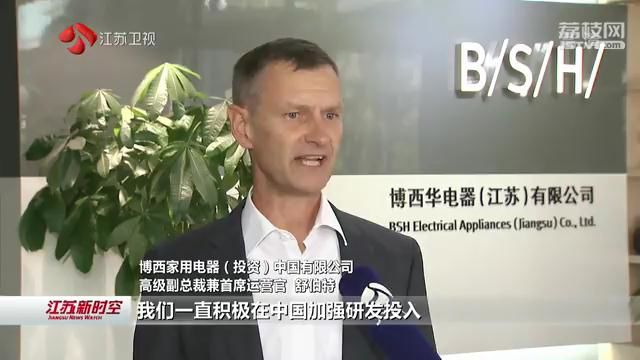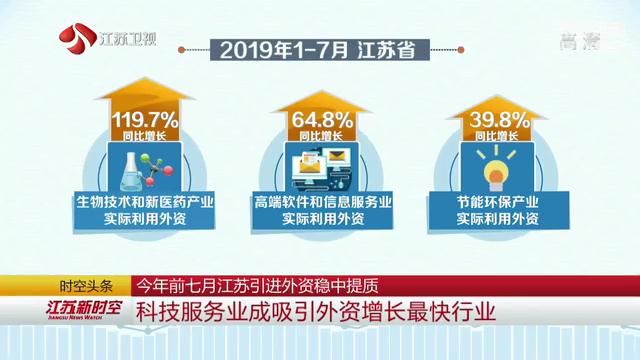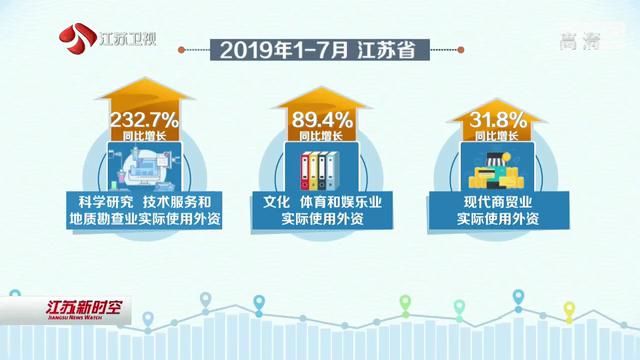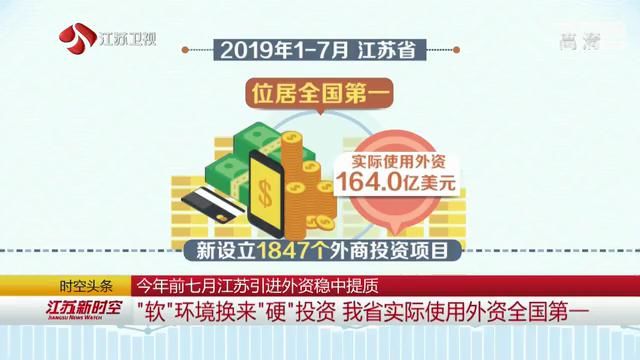East China’s Jiangsu province has made further efforts since the start of this year to optimize the business environment by implementing a new version of negative list of investment, and relying on a high-quality platform to attract high-quality foreign investment.
In the Nanjing Economic and Technological Development Zone, construction on the Bosch Home Appliances Greater China R&D Center has entered the stage of installation and renovation, and the facility is expected to be officially put into use by the end of this year.
With a total investment of 400 million yuan and a construction area of 30,000 square meters, the R&D center will focus on the exploration and research and development of cutting-edge technologies in the field of smart home appliances and develop customized home appliances for consumers.

Schubert, Senior Vice President and Chief Operating Officer of Bosch Household Appliances China Ltd
We have been actively strengthening R&D investment in China. We have based our headquarters in Greater China in Nanjing for the sake of Jiangsu’s efforts to encourage innovation and develop intelligent manufacturing.
Since the beginning of this year, China has boosted its encouragement on foreign investment in high-tech manufacturing, as is evidenced by the increasing investment by a large number of international companies like Bosch Home Appliances.

From January to July, Jiangsu continued its momentum in the use of foreign capital. The amount of the actually-utilized foreign capital in biotechnology and new pharmaceutical industries, high-end software and information services, and energy conservation and environmental protection industries increased by 119.7%, 64.8% and 39.8%, respectively.

Jiangsu has also continued to optimize its industrial structures for foreign investment with the technology service industry attracted the largest amount of foreign investment. The actual use of foreign investment in scientific research, technical services and geological exploration, culture, sports and entertainment, and modern commerce and trade increased by 232.7%, 89.4% and 31.8%, respectively.
Fang Yong, Associate Professor, Dept of Int’l Economics and Trade, Nanjing University
The service industry is an industry targeting domestic demand. This structural change also reflects the development of foreign capital’s optimistic about China's domestic demand. The investment in our high-tech products is rising rapidly, reflecting the shift of foreign investment from the low-end processing sector to the high-end manufacturing sector. In the long run, such a structural change is conducive to enhancing the internal strength of Jiangsu’s economic development.
With the release of a slew of preferential policies for the promotion of opening up and business climate perfection, Jiangsu has continued to improved its investment environment so as to have attracted more foreign investment.

From January to July, 1847 foreign-funded projects were launched in Jiangsu with 16.4 billion US dollars of capital, ranking first in the country. Investment from Germany, the United Kingdom, South Korea and Japan increased by 24.8%, 93.7%, 57.4% and 33.3% respectively.
(source:ourjiangsu.com)





